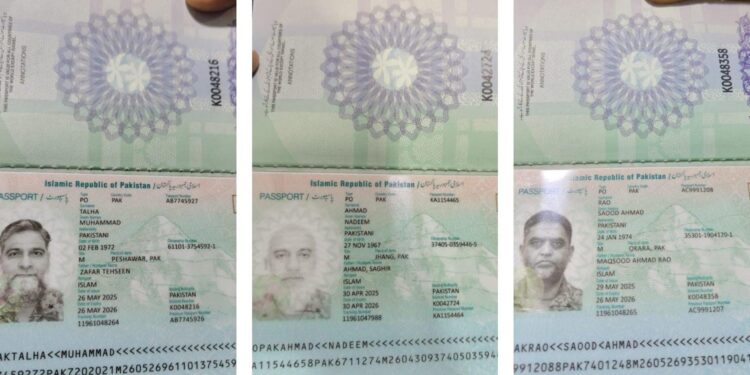Pakistani Generals’ visit to Bangladesh’s Ramu Cantonment raises red flag in Delhi
Related Articles
PM Modi’s MANAV AI Initiative Aims for a Secure Future, Says Amit Shah
Union Home Minister Amit Shah commended the MANAV initiative, asserting it establishes a pathway for humanity toward a more secure future. Unveiled by Prime...
Six-Year-Old Girl Dies After E-Rickshaw and Car Collision in Delhi’s Janakpuri
A tragic incident occurred in Janakpuri, Delhi, where a six-year-old girl lost her life after an e-rickshaw she was traveling in collided with a...
Hailey Bieber Desires More Children and Future Family Plans with Justin Bieber
Hailey Bieber has expressed her aspirations regarding motherhood and her intentions to expand her family with husband Justin Bieber. In a recent interview, the...


